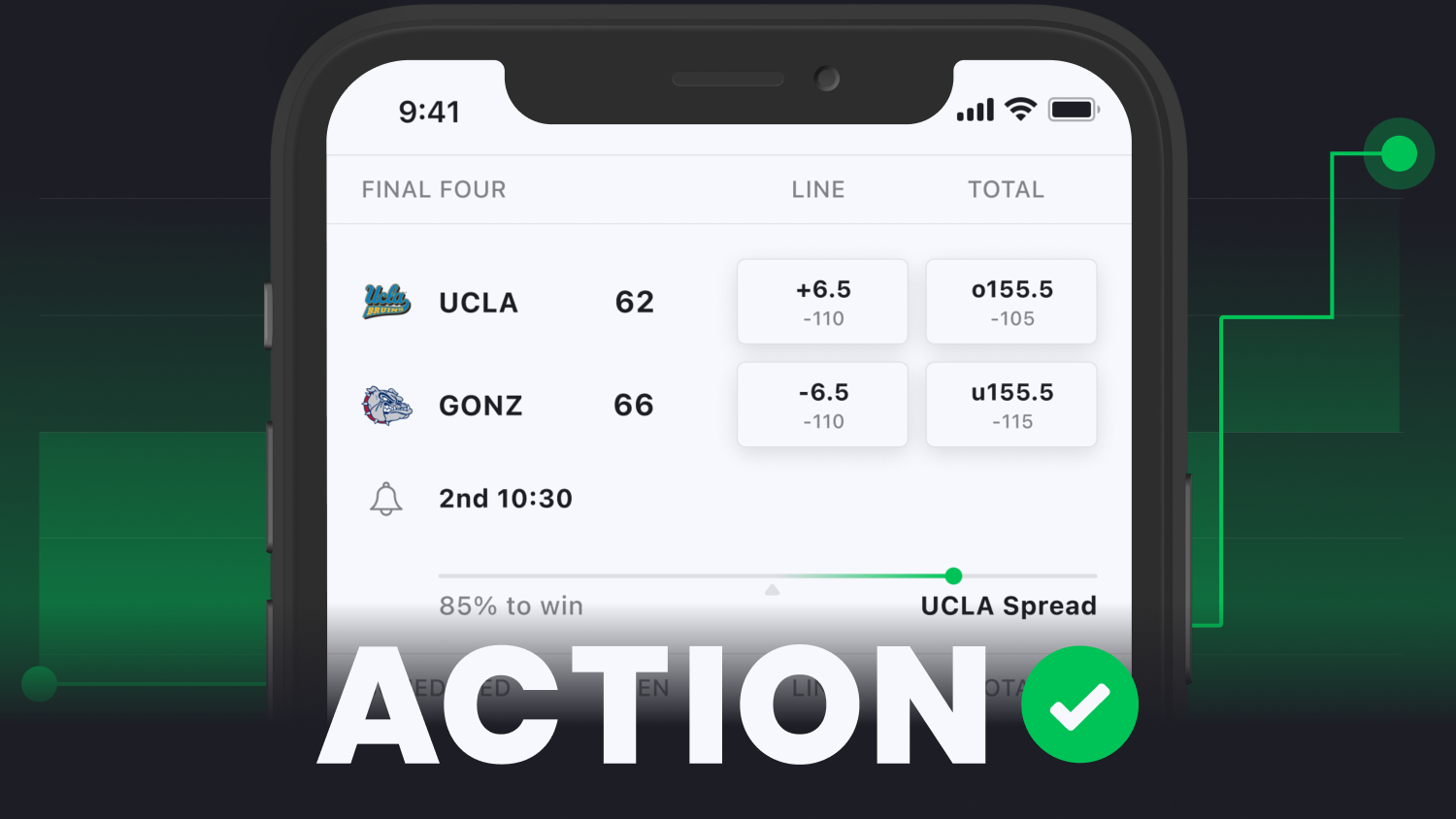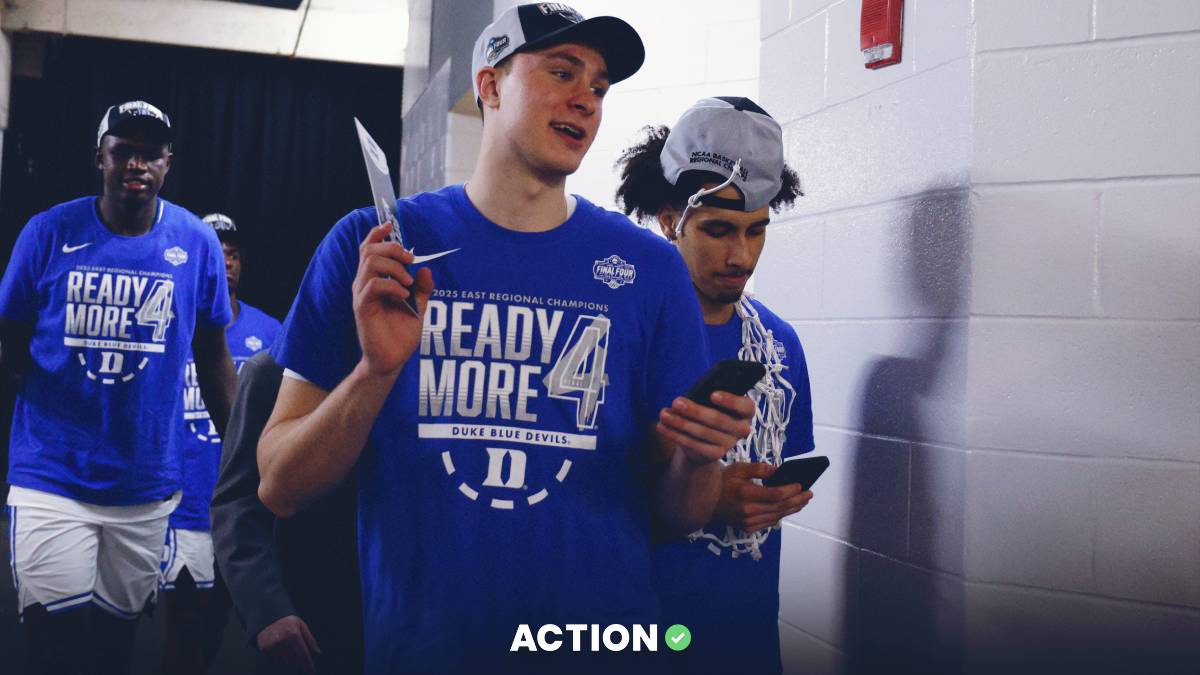The most prominent booster for Miami Hurricanes basketball helped construct a team that now finds itself in the Final Four.
But beneath the surface, LifeWallet CEO John Ruiz's business is floundering amid the threat of being delisted as a public company and alleged fraud against the firm's original founder Norberto Menendez.
Ruiz doled out name, image and likeness deals for four players that will compete tonight for Miami against UConn: Kansas State transfer Nijel Pack, Isaiah Wong, Jordan Miller and Norchad Omier.
Pack received a two-year deal worth $800,000 to transfer from Kansas State while Wong received $100,000 to stay put. Miller and Omier's deals are undisclosed.
They represent the four top scorers for Miami this season.
In total, LifeWallet has backed more than 100 Miami athletes across all sports at the cost of more than $5 million, including deals with twin influencers Hanna and Haley Cavinder.
But away from sports, LifeWallet is in disarray.
Amid million dollar sponsorships for collegiate athletes, the company faces litigation from its original founder, missed a recent earnings call and has had its stock price fall so low that the Nasdaq may boot LifeWallet altogether.
When LifeWallet went public through a reverse merger in May of last year, the company was declared to be worth $32 billion, the same value that the ill-fated crypto exchange FTX hit just five months earlier.
The stock — listed as LIFW on Nasdaq — opened slightly above $10 a share, making Ruiz a billionaire on paper.
That wouldn't last, however.
Within nine days, LIFW would plummet to as low as $1 per share.
And after hovering between $1 and $2 per share for the past year, on March 13, LifeWallet dipped below $1 per share. The stock has stayed below that $1 threshold for the past two weeks.
After a firm trades below $1 for 30 days, Nasdaq can begin the process of delisting that company from its exchange.
"I am very strict and careful about saying anything that isn't made public," Ruiz told the Action Network about his company's potential delisting.
Overall, LifeWallet is down 91% from its IPO price. The Nasdaq as a whole is up just under 18% year-to-date.
LifeWallet has two businesses. The main part of its valuation involves suing insurance companies that should have paid for medical bills that Medicare or Medicaid ended up financing. The company told investors it could recover up to $89 billion by doing this.
And Ruiz provided guidance that 2022 revenue would approach $1 billion.
When the company first reported quarterly earnings, the numbers were paltry. Nine months of revenue yielded just $3.9 million after projecting income of $992 million. Operating losses were $118 million.
The company says the projected income will now come next year.
The second part of the business involves the original LifeWallet brand, which is a digital health wallet that helps emergency and hospital personnel understand more about someone who might be incapacitated.
Such is the backdrop of LifeWallet founder Menendez's lawsuit against Ruiz.
Ruiz's original company — MSP Recovery — acquired LifeWallet and took its name and assets.
Menendez alleges in his suit that Ruiz failed to pay him for his LifeWallet assets despite rebranding all of Ruiz's businesses "to leverage the LifeWallet name," utilizing LifeWallet's software and technology platform to do so.
Ruiz says that MSP Recovery developed all the proprietary assets that currently comprise LifeWallet and that the company only acquired the LifeWallet name from Menendez.
The lawsuit also claims Ruiz strongly advised him to take shares in the company in lieu of cash because the stock "was going to go to $30 or $40."
Other allegations beside fraud include breach of contract and negligent misrepresentation.
Since those third quarter earnings reports were released four months ago, the company has been radio silent on new figures.
LifeWallet was supposed to issue an earnings report on March 31 but missed the deadline, saying “management needs additional time to finalize and analyze” their numbers.
Missing earnings reports is often seen as a massive red flag for investors and regulators alike.
"John claims he has the algorithms to find good cases and because he's public now, he is going to be forced to prove that he has something of value," said David Winker, a Florida board certified healthcare lawyer who is representing a plaintiff against Ruiz in a lawsuit. "If he's right, it has the potential to be valuable.
"But Elizabeth Holmes told investors she had a proprietary way to analyze blood and when investors called her on it, she didn't have anything."

















































